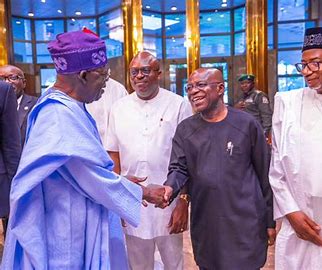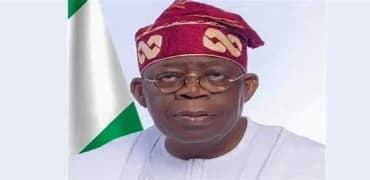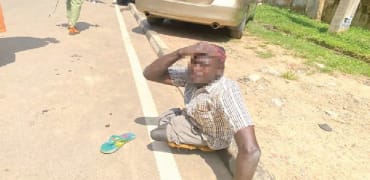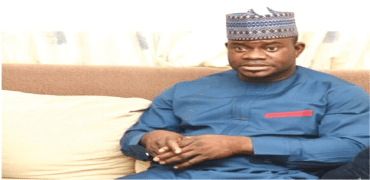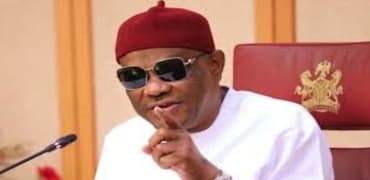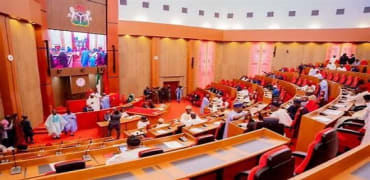Tinubu Set for Emergency Security Talks as Governors, Generals Clash Over Self-Defense
Tinubu Set for Emergency Security Talks as Governors, Generals Clash Over Self-Defense
By Achimi Muktar
Amid a wave of bloodshed that has gripped Nigeria’s heartland, President Bola Tinubu is racing back from a working visit abroad to face a firestorm at home — and possibly the most pressing security crisis of his administration yet.
After spending 18 days in Paris and London, Tinubu returned to Abuja Monday night to news that over 120 Nigerians had been slaughtered since he left, primarily in Plateau, Benue, and parts of Borno. Entire communities have been razed, 3,000 people displaced, and yet — despite military deployments — the carnage continues.
In response, the President is set to meet urgently with service chiefs and the National Security Adviser, Nuhu Ribadu, to chart a new course. A top presidency source confirmed that Tinubu has been receiving updates and issuing directives remotely, but now plans to take direct charge.
“The President will certainly meet the service chiefs to review the security situation across the country,” the official said. “Particularly the flashpoints of Plateau, Benue and Borno.”
The Blame Game Begins
But the Federal Government isn’t taking all the heat — it’s pointing fingers too.
The Presidency has accused state governors of fuelling the crisis through mismanagement of the hefty security votes allocated to them. Daniel Bwala, Special Adviser to the President on Policy Communication, said on TVC that many governors give as little as N20 million monthly to actual security agencies while pocketing billions.
“Where are we going?” Bwala asked. “How can governors justify N1–N3 billion in security votes when the actual support for police, SSS, and military is a fraction of that?”
He added that calls for state police may be a distraction from the fact that governors are underutilizing existing security structures.
Danjuma’s Self-Defense Bombshell
The worsening violence has reignited debate over whether Nigerians should defend themselves — a stance reignited by a bold call from former Chief of Army Staff, Gen. Theophilus Danjuma (retd.).
Speaking in Taraba State, Danjuma declared, “Nigerians must rise and defend themselves before these bandits overrun the entire country.” His comments echoed warnings he made five years ago, now ringing with renewed urgency.
But not everyone agrees.
Jigawa State Governor Umar Namadi has firmly rejected the idea, warning that such a move would lead to lawlessness and anarchy. “The government is doing its best,” he claimed in a TV interview. “Encouraging citizens to bear arms is not the answer.”
Divided North: Support for Danjuma in Taraba, Plateau
While northern states like Jigawa and Nasarawa have taken a moderate stance, others like Plateau and Taraba are singing a different tune — one of self-empowerment and frustration.
“We cannot continue to fold our arms while our people are killed in their sleep,” said Jackson Dauda, a security officer in Plateau. “Self-defense is our last option.”
Community leaders, youth groups, and traditional rulers in Taraba echoed similar sentiments, accusing security agencies of being overwhelmed or compromised.
“Nothing is being done to stop these atrocities,” said Tanko Useni, a resident. “If the government won’t defend us, we must defend ourselves.”
Danladi Philip, leader of the Taraba Youths in Defence of Justice, said many citizens believe some security agents have been compromised. “People shouldn’t wait to be wiped out before they act,” he said.
“Misinterpreted” or Misguided?
Presidential aides and retired generals are trying to cool tempers, suggesting Danjuma’s statement was more symbolic than literal.
“What he meant,” said Gen. Abdullahi Ishaq (retd.), Tinubu’s adviser on security, “is for communities to take ownership of their safety — report strangers, organize vigilance groups, not take up arms.”
But the public reaction suggests otherwise. Social media buzz, town hall debates, and market conversations indicate that many Nigerians are tired of being told to wait.
“Dialogue won’t protect my farm or my children,” said Fatima Umar, a student in Dutse. “I support Danjuma. We’ve waited long enough.”
Will Tinubu Act — or Just Talk?
As the killings continue and public confidence erodes, all eyes are now on President Tinubu.
Will his planned security meetings produce real change, or will they go the way of previous government reassurances — long on promises, short on protection?
One thing is clear: the nation’s patience is wearing dangerously thin, and if Tinubu fails to act decisively, Nigeria may see more than just a war of words — it could face a battle for survival from within.



